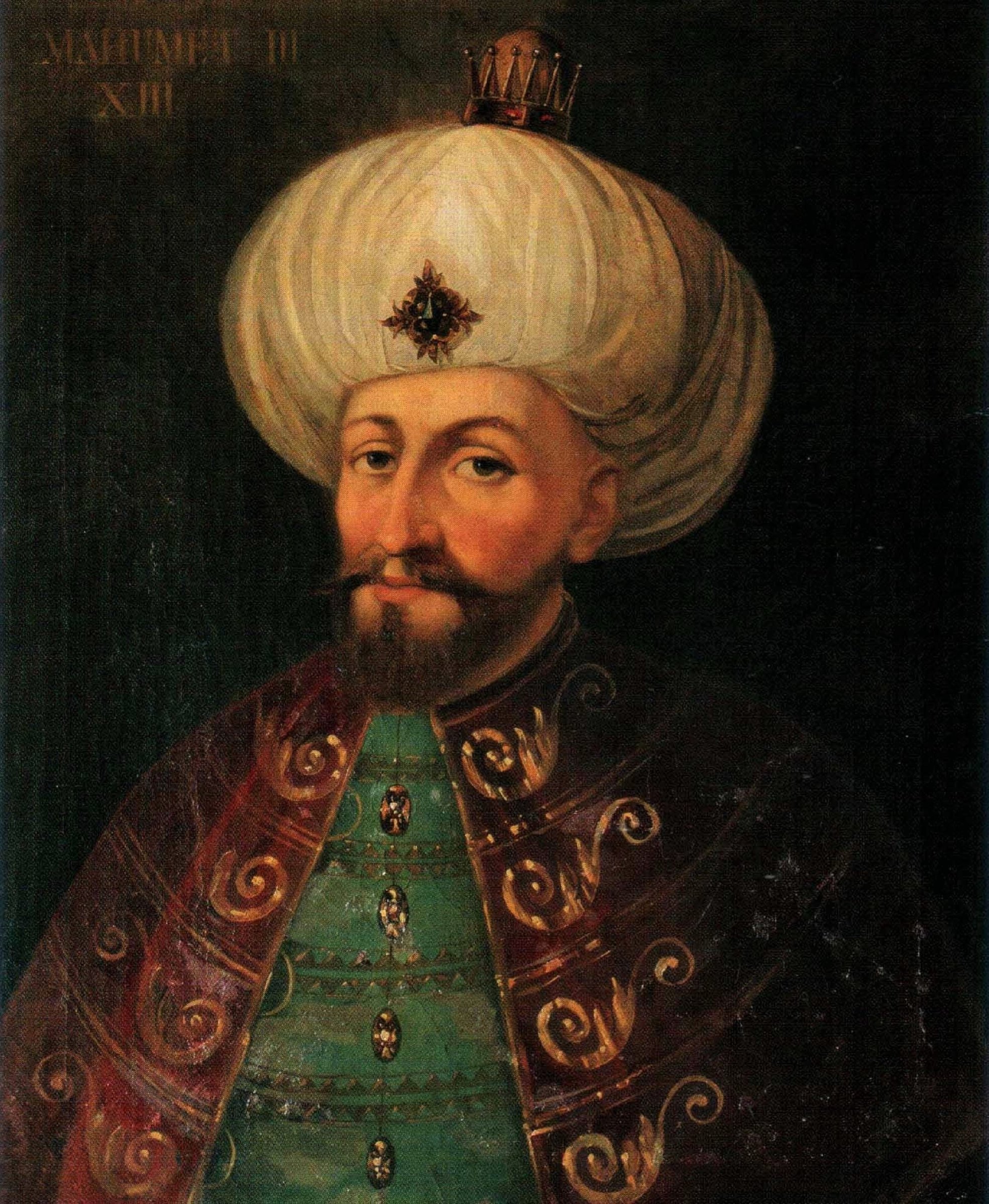Introduction Post
- Location
- Multiple.
The Shifting Tide: Universalism and Resistance

Analogy of the start of the Long Turkish War
In the Middle Ages, across Eurasia straddled competing notions of universal monarchies or empires which battled each other for hegemony. Hegemony both against each other and against peoples resisting the imposition of universalism or otherwise fighting for their own particularistic goals. Roman, Papal, Abbasid-Seljuk, Fatimid, Chinese, Mongol, and German/Frankish (HRE) universalistic notions attempted to unite all peoples under singular banners and to, in theory, unite the whole world. Attempts to do so reached their zenith during the 13th century with the emergence of the Mongol empire and the assertion of full Papal supremacy under Pope Innocent IV. Victory came at costs and the Mongol domains declined and the Papacy weakened in Europe and in the late Middle Ages, the ravages of the plague and cooling in the northern hemisphere both ravaged the population of Europe, decimated the Great Yuan and aided in the rise of the warlord Timur who in turn looted and pillaged across much of Asia. Destruction in turn beget atomization and localized warfare that hammered the populace and allowed the rise of new and old powers to return across Eurasia. However as the world reached the year 1500, a cascade of dreams of universal monarchy began to emerge in the century centered around the Persianate world of the Ottomans, Safavid and Mughal and in Europe under the aegis of the Habsburg Monarchy. 
Analogy of the start of the Long Turkish War
No greater illustration of this struggle of universal empire exists than in the War ongoing in 1596 between the Ottoman Empire and the Holy Roman Empire over the crown of Hungary and most importantly, over majesty. After a monumental victory at Keresztes, Padishah Mehmed III, is poised to make further gains and with more victories, return all of the Kingdom of Hungary to his domain; meanwhile, the Habsburg Emperor Rudolf II, long stable and majestic in his rule, begins to falter as his war against the Turk infidels shifts towards Ottoman gains.
As the Ottoman Empire reaches the height of its power in terms of territorial expanse, others struggle across the world. Europe itself outside of Vienna struggles under religious dispute and war, with a new climax being met in the War of the Triple Alliance of France, Netherlands and England arrayed against Spain, suggesting a Protestant victory, in time, against Spain. However, the conversion of Henry IV of France to Catholicism, the ascent of Sigismund III to the throne of Sweden (as well as Poland-Lithuania), Irish victories against England, and the growing prominence of the Bavarian Catholic League, give the Holy See in Rome a feeling of a coming and insurmountable victory. Could the winds change course and cause a total Catholic resurgence across Europe?
To the east other religious wars are waged. Devastated in wars against the Ottomans, civil wars and rebellions, the Great Safavid realm of Iran is locked into a vicious religious war against the Uzbek, acting as an exemplar of Sunni-Shi'a sectarianism. Meanwhile the supposed divine rule of Mughal Padishah Akbar Shah e-Azam settles all disputes in Hindustan with an all encompassing tolerance and reverence for the sun, yet scheming officials and agitated princes are in doubt. Finally, struggle for hegemony extends beyond those of religious disputes and in East Asia the Japanese Shogun Toyotomi Hideyoshi engages the Great Ming and Joseon in war over the Korean Peninsula. Yet, the Shogun ages and without a clear and indisputable heir, the fate of Japan remains uncertain as the Council of Five Elders monopolizes power. Even still, beyond the border to the north of the Great Ming, an ambitious and young Manchu warlord fights to unite the Manchu-Jurchen under a single banner of the 'Later Jin.'
In this turbulent yet opulent era of monarchical magnificence, will the great universal empires dominate and unify greater domains or will all of Heaven shake and a new and different order arise from the ashes of universal empire?


The two great combatants in the Balkans, Emperor Rudolf II and Padishah Mehmed III
Last edited:

-a-seated-portrait-of-shah-abbas-i.jpg)